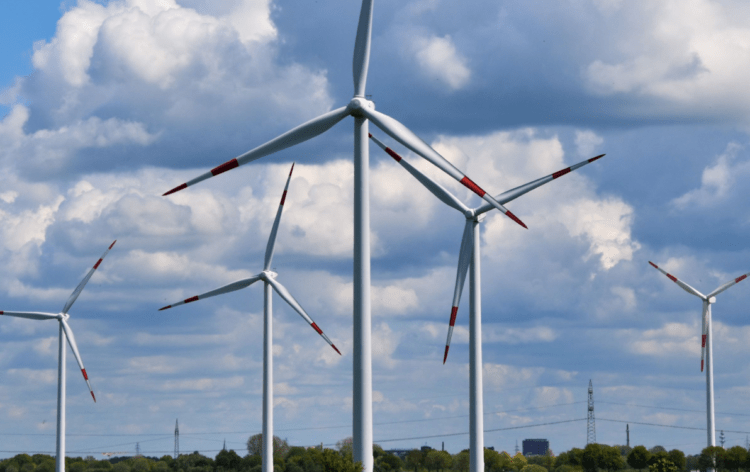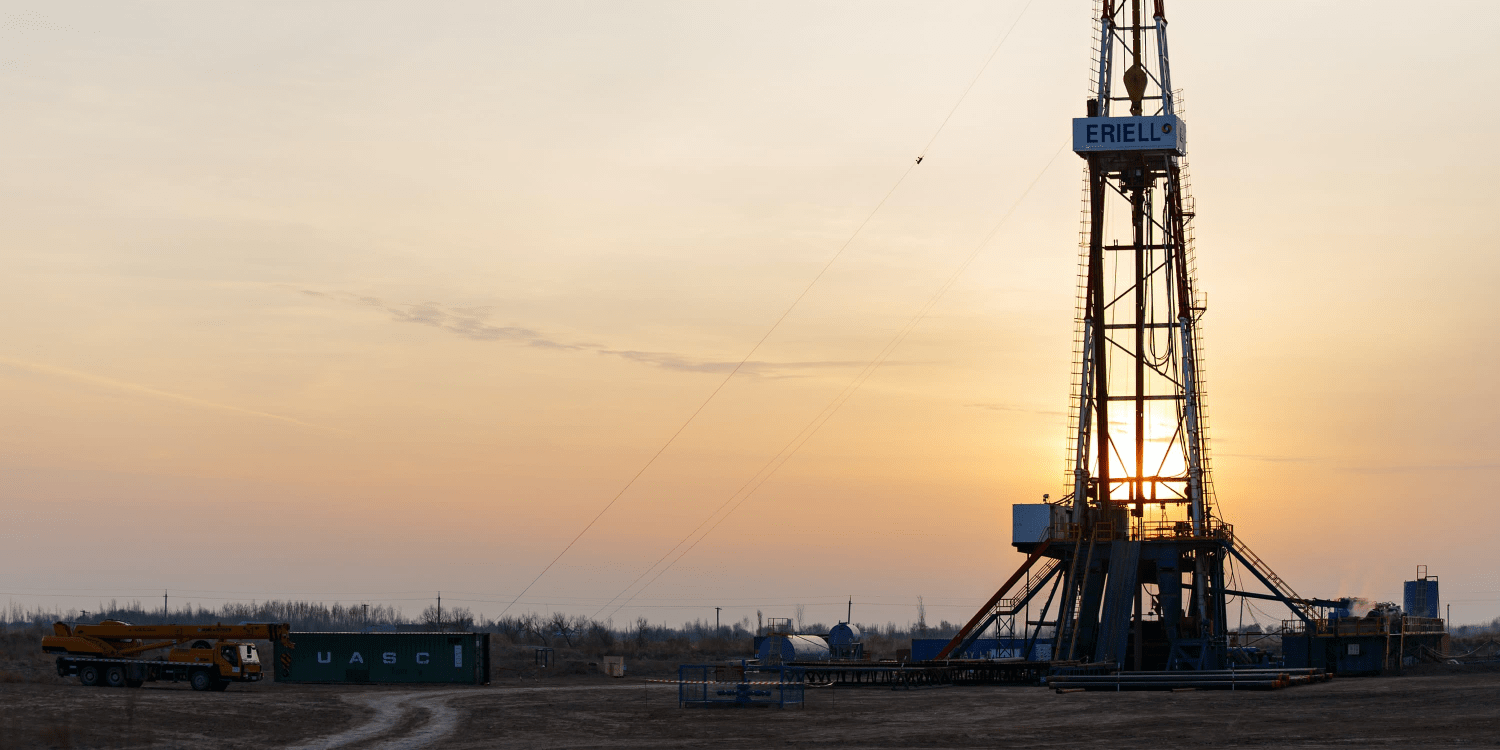Navigating Setbacks: Siemens Energy’s $2.4B Wind Turbine Challenge Sparks Industry Reflection

In a candid admission, the CEO of Siemens Energy reflects on a significant setback, revealing a $2.4 billion blow to the company’s wind turbine endeavors. Acknowledging that the company had been “going too fast” in introducing new products, this revelation offers a glimpse into the challenges of navigating innovation in a rapidly evolving industry. The stumble serves as a reminder of the delicate balance between technological advancement and measured implementation, shedding light on the complexities faced by major players in the renewable energy sector. This introspective stance underscores the importance of strategic planning and adaptation in an era of transformative energy solutions.
Siemens Energy’s CEO Urges Caution After $2.4B Wind Turbine Setback
Siemens Energy’s CEO, Christian Bruch, has emphasized the need for a measured approach to introducing new products following a substantial financial setback. The company recently incurred costs amounting to 2.2 billion euros ($2.4 billion) due to quality issues within its wind turbine subsidiary, Siemens Gamesa. This surprise blow prompted a revision of profit forecasts and raised concerns about the persistence of challenges within the wind energy sector.
In an interview with CNBC’s “Squawk Box Europe,” Bruch candidly acknowledged that the company’s drive to swiftly launch new products had contributed to the quality problems, stressing the importance of a more deliberate rollout process. He underscored the need for stabilizing operations while simultaneously scaling up new manufacturing facilities.
Despite facing a challenge, Siemens Energy disclosed encouraging developments in both order placements and revenue, showcasing an impressive historical high order backlog of 109 billion euros in its financial report for the third quarter. The company secured orders worth 14.9 billion euros for the quarter, reflecting a noteworthy 54.2% year-on-year growth, primarily attributed to significant orders at Siemens Gamesa and Grid Technologies. Revenues also increased by 8%, reaching 7.5 billion euros.
Nevertheless, the corporation registered a net deficit of 2.93 billion euros during the third quarter, marking a significant contrast to the 564 million euro deficit documented in the corresponding period of the prior year. This financial decline was influenced by “unfavorable tax implications due to valuation allowances on deferred tax assets related to the charges incurred at Siemens Gamesa.”
In response to the challenges, Siemens Energy is shifting its strategic focus towards streamlining its product platforms and targeting specific regions for development. The details of this strategy are anticipated to be unveiled during the company’s upcoming capital markets day scheduled for November.
Bruch remains optimistic about the wind energy market’s growth potential, highlighted by the substantial orders secured in this sector during the quarter. However, he emphasized the crucial need to balance growth with sustainable profitability, highlighting the significance of a more measured and deliberate approach to innovation and product introduction within the rapidly evolving renewable energy landscape.
Siemens Energy’s Setback Sends Ripples Through Renewable Energy Landscape: Lessons for Industry and Traders
The revelation of Siemens Energy’s significant financial setback and subsequent strategic reassessment reverberates across the renewable energy sector, influencing both the industry at large and its competitors. This development serves as a cautionary tale about the challenges inherent in rapidly advancing technologies and offers key insights for industry players and traders alike.
On an industry-wide scale, Siemens Energy’s setback underscores the delicate balance between innovation and implementation. As a major player in the wind energy sector, its quality issues serve as a reminder that pursuing aggressive product rollouts can lead to unforeseen financial consequences. Competitors within the renewable energy market, including other wind turbine manufacturers, may draw lessons from Siemens Energy’s experience. They might reevaluate their own product development strategies, placing greater emphasis on quality assurance and measured expansion to mitigate potential risks.
For traders, this news can influence investment decisions and market sentiment. The revelation of quality-related costs and profit forecast revisions might lead to increased scrutiny of wind energy stocks, causing potential fluctuations in their prices. Traders could monitor Siemens Energy’s competitors for signs of similar issues, anticipating market reactions and potential investment opportunities. Additionally, traders might assess the overall health of the renewable energy sector, factoring in Siemens Energy’s setback as a potential indicator of industry-wide challenges.
Siemens Energy’s strategic shift towards fewer product platforms and targeted regional development could also impact supply chain dynamics. Suppliers and partners involved in the wind energy sector might experience changes in demand patterns, prompting them to adjust their own strategies and operations accordingly.
In sum, Siemens Energy’s news reverberates beyond its own operations, offering valuable insights for industry peers, traders, and investors. The incident underscores the importance of a balanced approach to innovation and serves as a reminder of the complex interplay between technology, quality assurance, and financial stability in the evolving renewable energy landscape.


























Comments (0 comment(s))